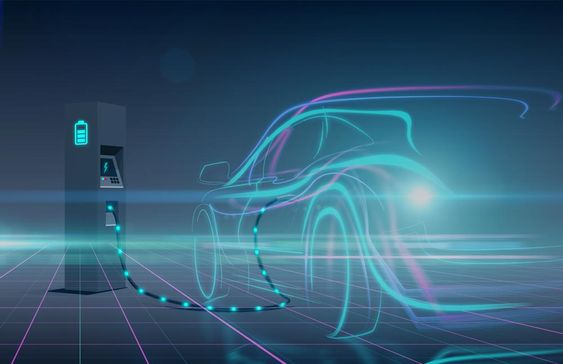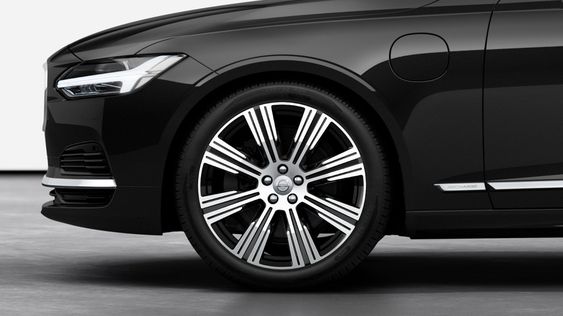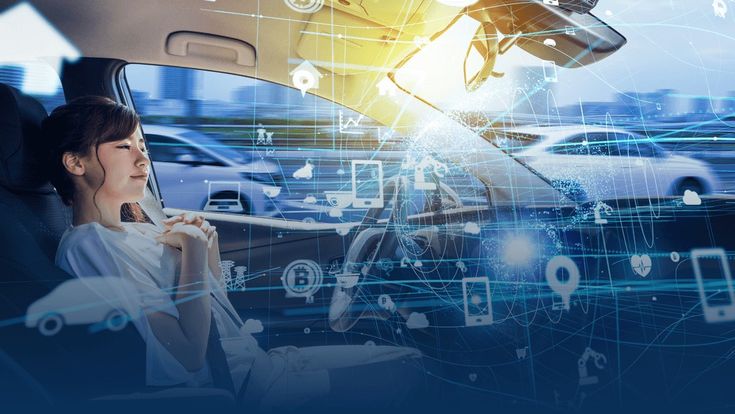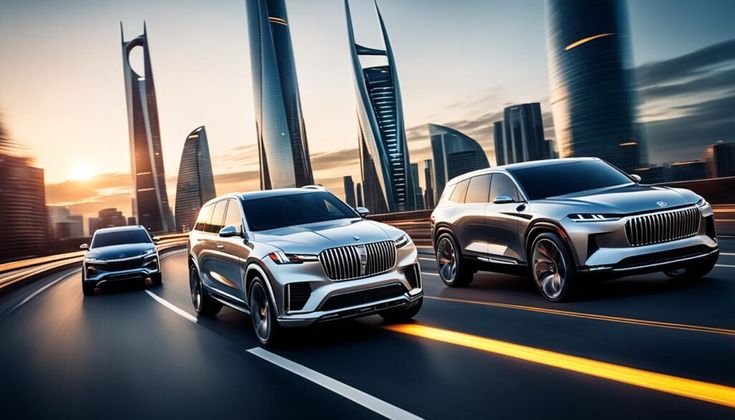Introduction:
The way we think about and use cars is changing rapidly. Gone are the days when car ownership was seen as a necessity for most adults. Factors like rising car prices, urban density, and the increasing popularity of alternative transportation options are all contributing to a shift in car ownership trends. This article explores these changes and examines the implications for individuals, businesses, and the future of transportation.

The Rise of Alternative Transportation:
One of the most significant factors driving changes in car ownership is the rise of alternative transportation options. Ride-hailing services like Uber and Lyft have made it easier and more affordable to get around without owning a car, particularly in urban areas. Public transportation systems are also becoming more efficient and reliable, offering a viable alternative for commuters. The increasing availability of electric scooters and bikes has further expanded the range of transportation choices, particularly for short-distance travel.
The Impact of Urbanization:
As cities continue to grow and become more densely populated, car ownership becomes less appealing. Limited parking space, traffic congestion, and the high cost of urban living all contribute to a decline in car ownership. Many residents in urban areas are choosing to rely on alternative transportation methods or opting for car-sharing services, which offer flexibility without the burden of ownership.
The Changing Demographics:
Demographic shifts are also playing a role in car ownership trends. Millennials and Gen Z are less likely to own cars than previous generations. These younger demographics are more likely to live in urban areas, prioritize experiences over material possessions, and embrace the convenience of alternative transportation options. Furthermore, the increasing number of single-person households and the growing popularity of remote work are also contributing to a decline in car ownership.
The Future of Car Ownership:
While car ownership is likely to continue to decline in some segments of the population, it's important to note that cars will remain an important part of the transportation landscape. For those who live in rural areas or have specific transportation needs, car ownership will remain essential. However, the future of car ownership is likely to be characterized by a greater emphasis on shared mobility, subscription services, and autonomous vehicles. As technology advances, we can expect to see even more innovative transportation solutions emerge, further transforming the way we think about and use cars.





